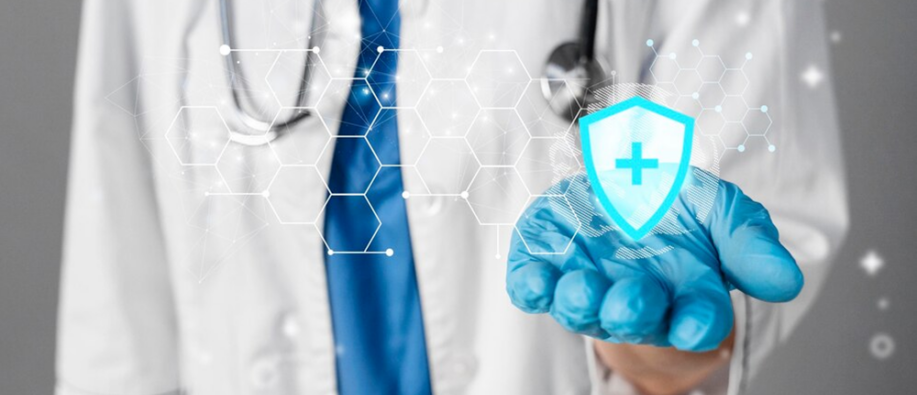An enormous amount of data is generated every day. Yes! The sources may be social media, emails, customer databases, medical, etc. According to recent reports, 328.77 million terabytes of data are created daily.
But again, the more data there is, the higher the risk of a security breach. The fines for HIPPA can reach up to $1.5 million per year. And they will hold your healthcare provider accountable for the violation.
Not to worry!
We will talk mainly about healthcare here. In short, why is data security important in healthcare, and what best practices can we incorporate to avoid cyber threats?
Why is Healthcare Data Security So Important?
Technological advancement and innovation are happening across every sector, including healthcare. But security is always considered. This is a big question! Well, hospitals generate a wealth of patient data, including treatment plans, medical histories, diagnoses, and more.
If all this data gets exposed to hackers in any way, there is a chance of fraudulent activities, thefts, and compromise in patient care. Thus, the security of the health data generated should be at the top of the priority list. A robust implementation of health data needs cybersecurity measures to ensure the integrity and confidentiality of data.
Further, it must abide by regulations such as (HIPPA) and health insurance portability and accountability.
Healthcare Data Security Challenges: A Quick Look
Information Exchange
There’s a lot of information exchange between insurance companies, doctors, pathology labs, and more. It isn’t easy to know whether the information sent is through secure mediums and whether the transmission is secure.
Evolving Nature of Cyberthreats
With cyber threats constantly evolving and taking new forms, staying ahead of the threats becomes necessary.
Older Technology
Hackers are on a mission to find loopholes and wait for a breach to happen. Some hospitals use older technology that is easy for an attacker to penetrate. The security upgrades do not properly patch them.
Human Factor
Even if we implement the best healthcare security practices, there’s a human factor: negligence. This becomes a challenge for organizations as they might expose sensitive information through certain actions that lead to cyberattacks.
The Best Practices Associated with Healthcare Data Security
Healthcare organizations must adhere to the industry’s best practices to mitigate risks and ensure compliance with regulatory standards.
To make things a breeze, here are some of the best practices to secure patient’s health data.
Use Data Encryption
Indeed, encryption is one of the most robust cybersecurity practices. It scrambles data so that it can be accessed only by authorized users. This allows healthcare organizations to send sensitive data from one place to another without compromising security. To access the data, someone would need a decryption key.
Implement Multi-Factor Authentication
Compromising on data security in healthcare can lead to consequences down the Line. Multi-factor authentication adds an extra layer of protection, requiring you to provide two or more verification methods, including security codes, passwords, etc. With this, unauthorized users cannot access health data, which requires authentication.
Make Sure to Train Employees
Employees are typically the first Line of defense. Therefore, it is essential to familiarize them with best practices for healthcare data protection. Conduct regular training on protecting access credentials, being mindful, and responding to security threats. Health companies can be assured that the data is safe.
Role-Based Access Control
Restricting access can go a long way in keeping data safe and sound. Make sure to implement the principle of role-based access control (RBAC). It ensures employees have access only to the data required to perform their tasks rather than more. By assigning and updating specific permissions, healthcare organizations can drastically reduce the impact of cyberattacks.
Data Backup
The real heroes are backups! In case of any data breach or loss, you’ve got a plan B at your fingertips. This means the data is available offsite, fostering business continuity. Thus, make sure to back up all the sensitive data in place.
Asses Associated Risk
One thing healthcare organizations shouldn’t ignore is constantly evaluating possible risks and taking measures to reduce them when feasible. For example, do the current operations meet HIPAA requirements regarding access and use, or are any other steps needed?
The Bottom Line
Protecting the patient’s sensitive data is extremely important. Hackers constantly prey on and try to leak information for malicious purposes. Thus, data protection should be a continuous effort, not just a one-time job. We’ve covered you with the best data protection strategies that will help you avoid all the fuss! Stay tuned with us for 360-degree coverage of cybersecurity-related topics.





